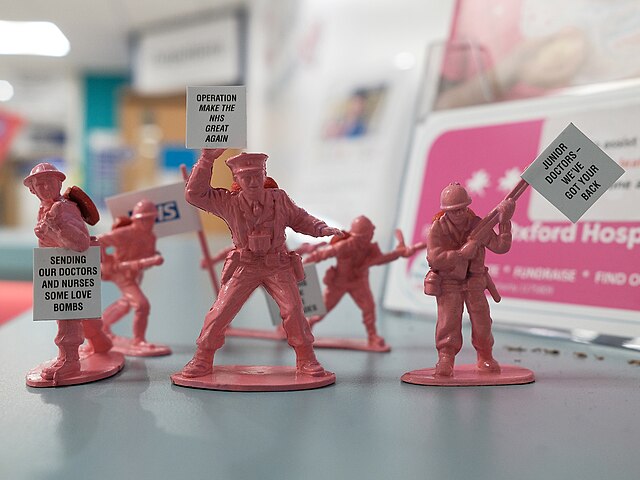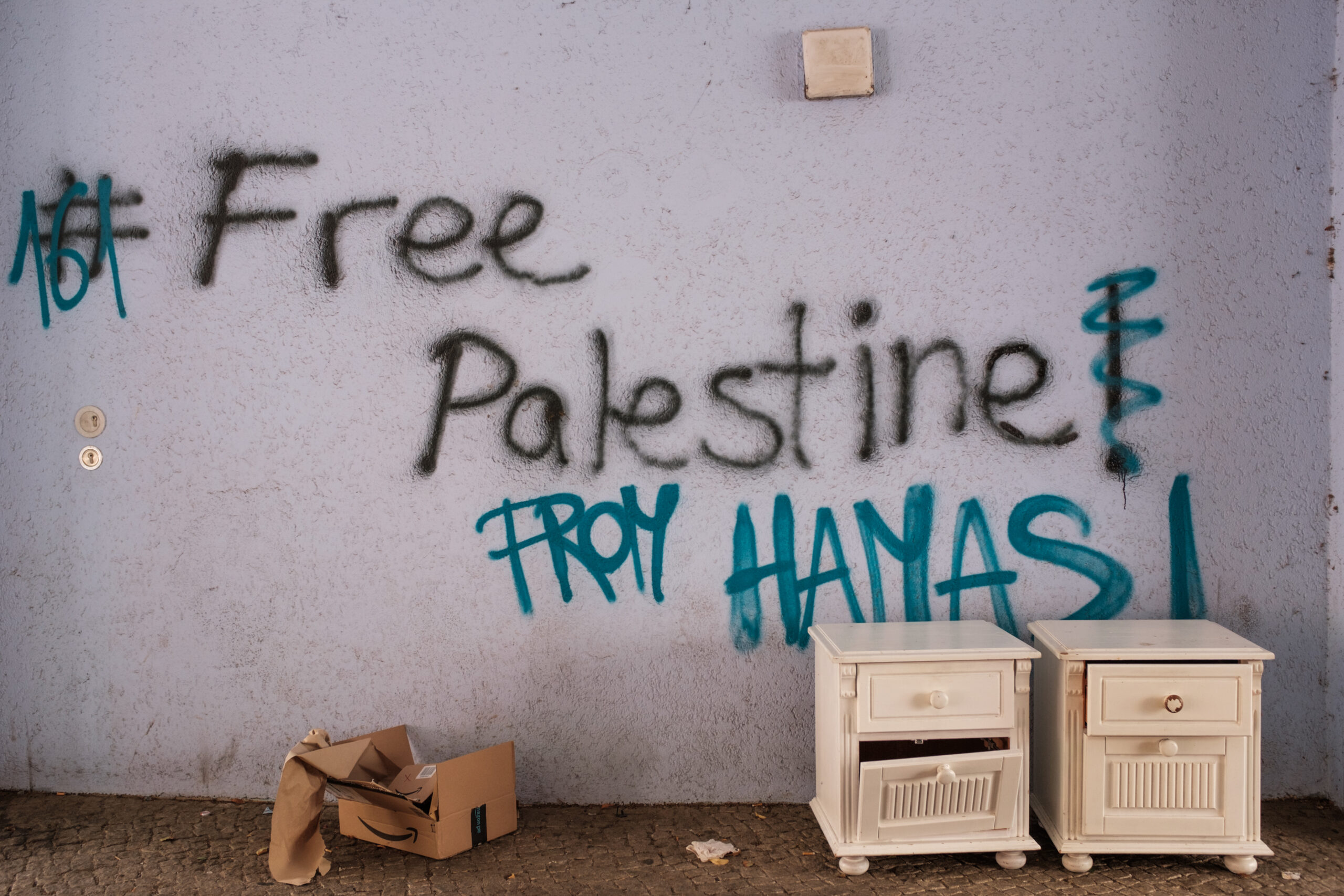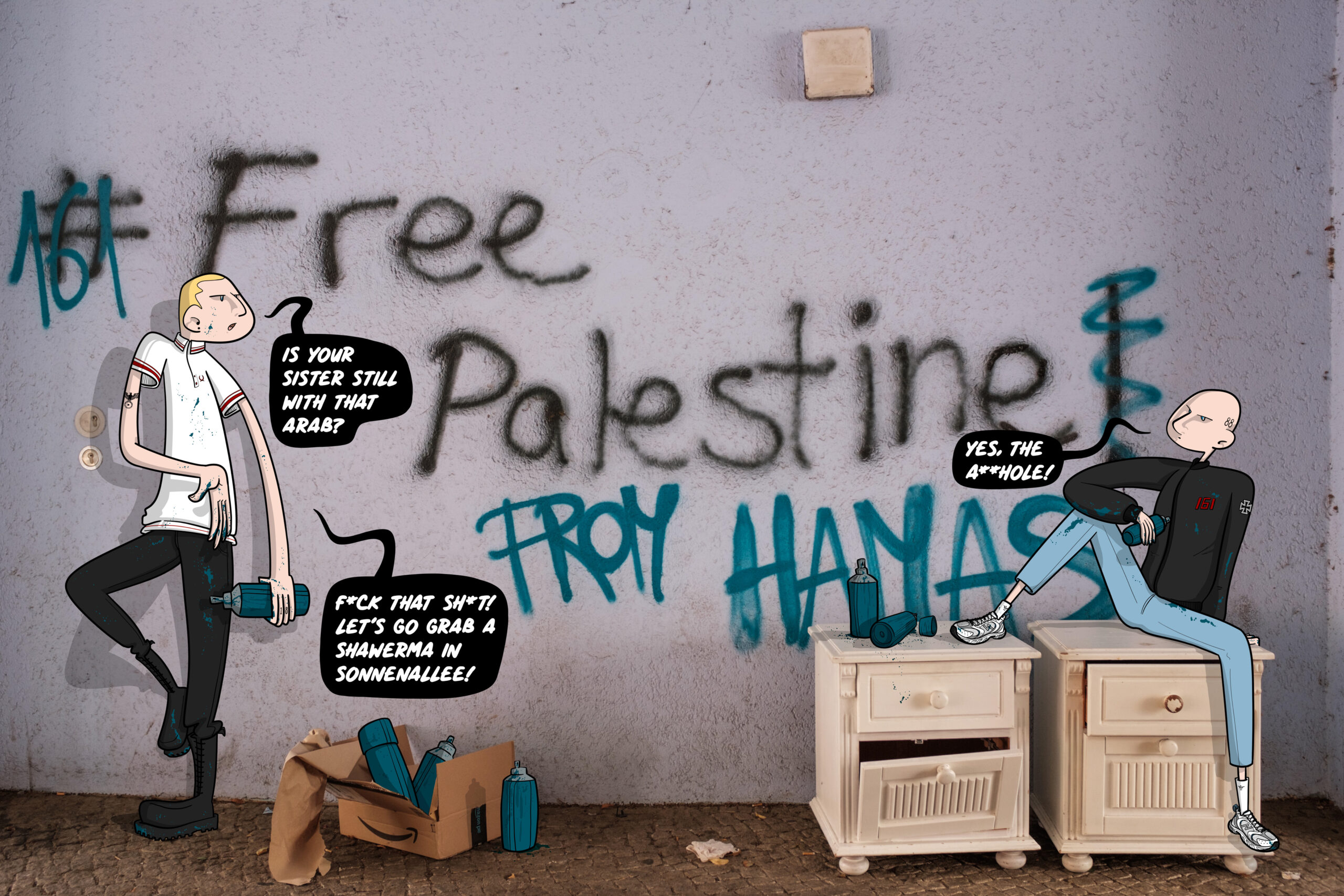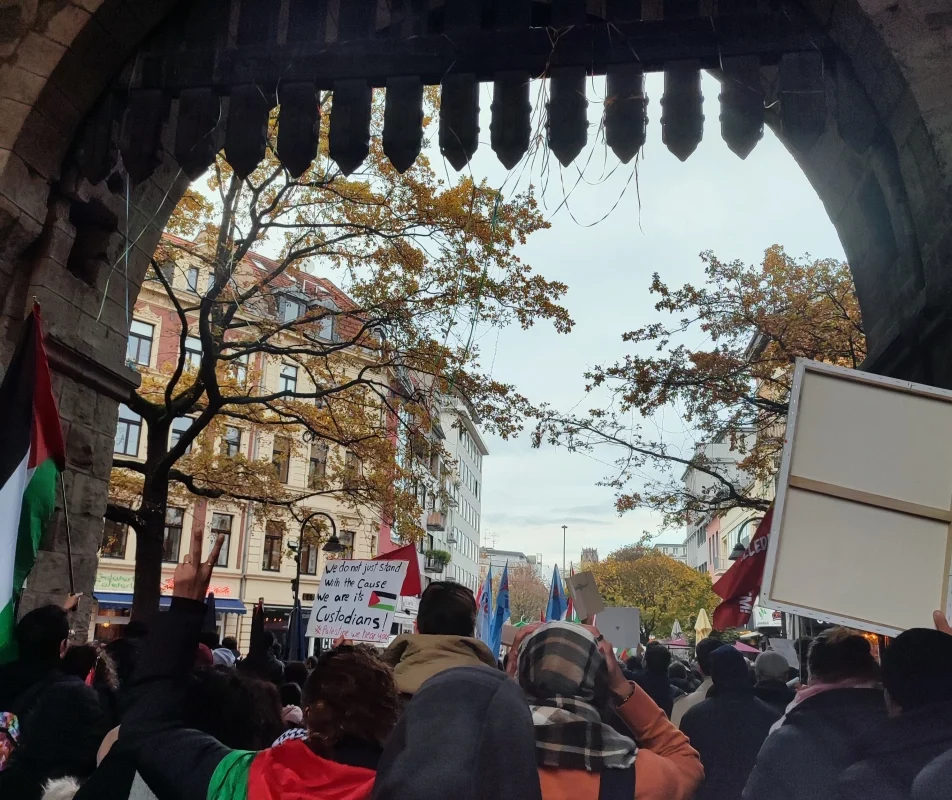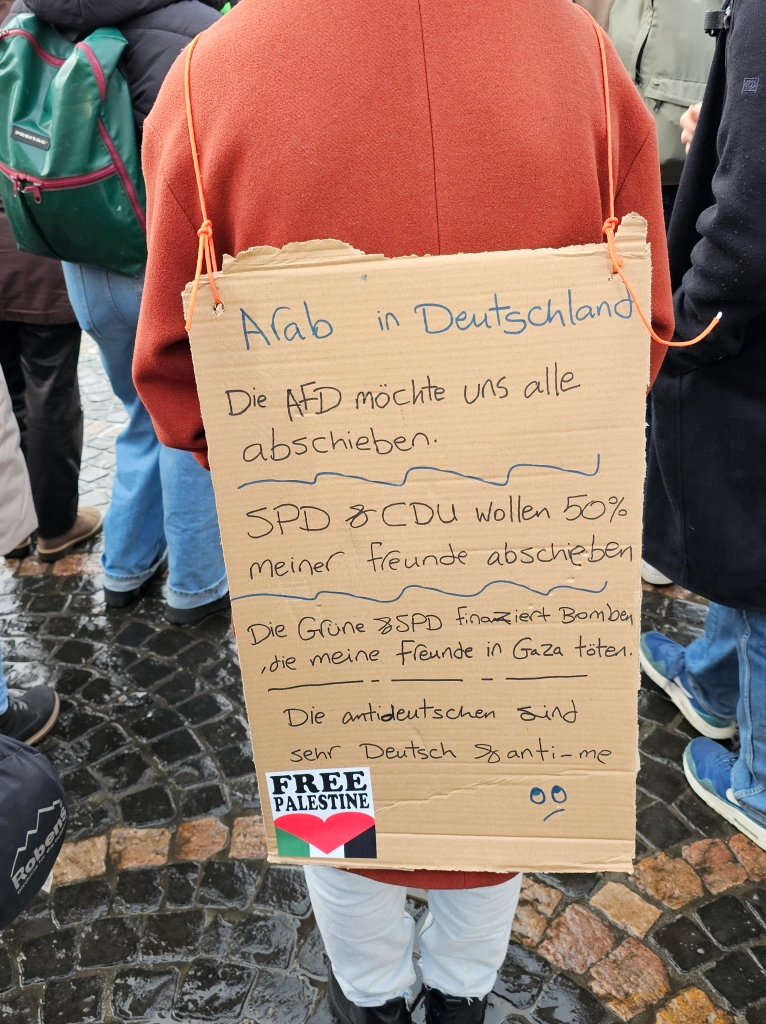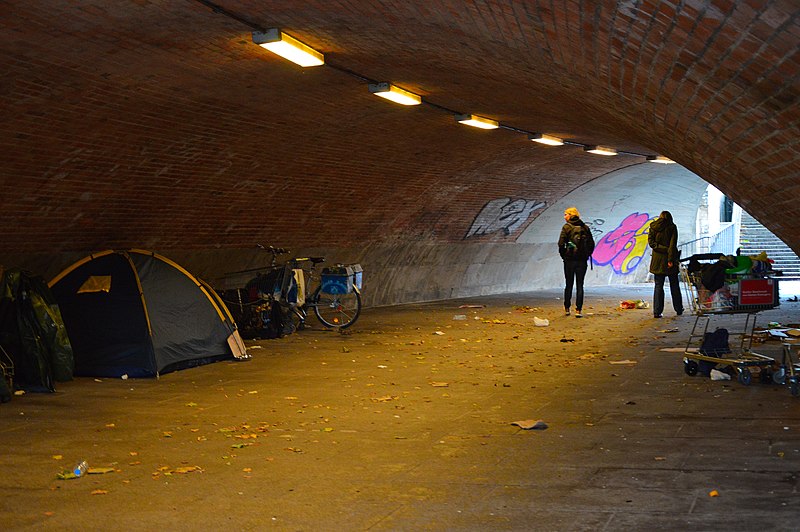‘Labour’s third mission in government will be to: Build an NHS fit for the future: that is there when people need it; with fewer lives lost to the biggest killers; in a fairer Britain, where everyone lives well for longer. Each mission is built on the strong foundations of economic stability, national security, and secure borders.’
The recently released Labour Party Manifesto on the NHS
Time to consider the hard facts
For health campaigners who argue that now is the right time to advance a bold vision of health and social care, this document is disappointing. It shows no ambition from the party that created the NHS, and which now publicly recognises that it is ‘facing both an unprecedented immediate crisis and an existential long-term challenge’. Fundamental to this lack of ambition is the unspoken argument of ‘unaffordability’. This insists that there is no “magic money tree”, the prior £375bn quantitative easing for the banks is now the victim of short term memory loss. Labour seems, however, more than happy to endorse the magic efficiency tree – home to the arboreal and elusive ‘reform fairy’, charged with transforming a cash-starved NHS so long as it does not involve handing over any money! Unfortunately, a preoccupation with ‘costs’ rather than ‘benefits’ automatically means that spending on public services is seen as a burden rather than something that improves people’s lives and makes the economy more productive.
However, as John Adams pointed out ‘Facts are stubborn things; and whatever may be our wishes, our inclinations, or the dictates of our passions, they cannot alter the state of facts and evidence’. Those who like to imagine that technological innovation, rearranging of beds and promises of future strategies for preventing illness will solve the current major problems of the NHS will be taught a harsh lesson. As Anita Charlesworth, Director of Research for the Health Foundation observed, it is quite simple: “Either we are going to have lower quality healthcare relative to other countries or we spend more”. The bottom line is that we spend less on healthcare than other developed countries and our spending has not kept pace with the combination of inflation, population growth, population aging and increase in chronic illness.
Funding is an essential part of the solution
A curious statement near the start of the document suggests that ‘the Left’ believes problems within the NHS can be solved with ‘more spending alone’. This is a straw man argument given that few people on the Left (or elsewhere for that matter) believe that money by itself will cure all the service’s ills. This is not least because it depends on how the money is spent, and there are clearly additional requirements. However, money is undoubtedly of fundamental importance in making the NHS and its under-staffed and crumbling hospitals and surgeries sustainable for the future. As Shakespeare put it: “if money go before, all ways do lie open”.
Some of those additional requirements are set out in the joint briefing published by Independent SAGE and Keep Our NHS Public. They include the need to build a consensus based on core values of decency, security, justice and compassion; understanding of evidence about the level and nature of health needs and how to achieve effectiveness, equity and resilience; exposing the myths that hold health, care and support services back e.g. that they represent only a cost rather than an asset, that they are unaffordable, that privatisation brings efficiency, and that public health is solely about personal choice.
This joint report drew some crucial conclusions that should inform any debate about reform. Namely that health care is fundamental to human well-being and a productive economy; much higher levels of funding than currently proposed are needed; more needs to be spent on public health; staff pay and conditions have to be improved; greatly increased capacity is required; planning is essential for meeting long term demand; much greater priority should be attached to using evidence-based approaches to reducing inequalities; service provision should be under direct control of Government rather than being outsourced, be designed together with service users, with inbuilt democratic accountability mechanisms. We may regard the need for evidence based policy as perhaps one of the key points here.
Re-stating the obvious
Many of these important concepts are largely missing from ‘Build an NHS fit for the Future’. If you wonder where inspiration for this document came from, it is instructive to look at what three things are set out as essential for repairing the NHS. According to Labour, these are:
- More care at home in the community
- Harnessing the latest technological advancements
- Focusing on prevention through tackling the social determinants of health – a ‘prevention first’ revolution (- but curiously no mention of climate change, now the biggest threat to public health!)
Compare this with the 2014 Five Year Forward View which stated that:
- The future will see far more care delivered locally
- We will improve health technology; we will improve the NHS’s ability to do research and use innovation
- There needs to be a big improvement in helping people live healthier lives so that they don’t get ill so much – this is called ‘Prevention’
“Five Year Forward View”, however, also went further than Labour by stating that even with action on prevention, putting money into new care models, investing in social care services, and becoming more efficient over time – nonetheless ‘if we are to reflect the growing number of people needing to use health services, we need to spend more on healthcare in this country’. There is also a demand side. With growing numbers of people we can add inflation, an ageing population, increasing numbers of people with chronic disease and multiple conditions, and an explosion in mental health problems. Labour recognises these demands but feels they can be met by changing the service and without investment: ‘Demographic change, an ageing population and more people living with long-term conditions means the service must change to meet the needs of the population today and be sustainable in the long- term’.
The belief that new technology and scientific innovation will inevitably reduce overall costs for the NHS is questionable given such levels of increased demand. In fact, medical technology is a primary driver of healthcare costs, and novel and expensive treatments include those for conditions previously untreatable. To take one recently much hyped key technological NHS expense-reducing policy of virtual wards or ‘hospital at home’, a recent study suggested that costs were in fact twice as much as in patient care. This also emphasises the importance of garnering evidence from pilot projects before uncritically rolling out innovations.
Building a two-tier system is not a solution
‘Build an NHS fit for the future’ makes repeated references to an NHS that is ‘free at the point of use’, but does not qualify this by ‘publicly delivered’, leaving it worryingly open for publicly funded services to be privately provided. All is revealed by the next statement: ‘the last Labour Government reduced waiting times by using the private sector, increasing staff numbers and spreading good practice. We did this before. We will do it again’. What is not pointed out here is that the last Labour government substantially increased investment in the NHS in order to successfully improve performance. In addition, its reliance on the private sector led to increased costs; the undermining of NHS services; and firmly established some key private sector players in the NHS – where they remain to this day.
Labour is clear that ‘to end the threat of a two-tier health system, we will use spare capacity in the independent sector to ensure patients are treated quicker’. However, investing in the independent sector (which does not have spare capacity and shares a single labour pool with the NHS) only effectively promotes a two-tier system. This, as David Rowland has outlined: ”may benefit a small proportion of users, but ultimately undermines one of the key solidaristic principles of the post-war welfare settlement……nor has the for-profit sector magicked into existence the infrastructure to provide an alternative to NHS care. Nor is a two-tier system inevitable due to market forces. It is in fact the product of government policy over the past two decades and any government can, if they choose, reverse this trend by sustained investment in the NHS and the removal of subsidies which promote the growth of for-profit provision in the UK.”
Suggesting the private sector has its own staff who are simply sitting around waiting to help out the NHS is wrong for reasons clearly set out by Rowland and others, and obscures its essentially parasitic relationship with the NHS. For example, outsourcing of mental health services resulted in spending on private ‘out of area’ beds reaching record levels to the detriment of financially stretched trusts and patients. Outsourcing of ophthalmology services poaches NHS staff and undermines patient safety. Even those who do feel the private sector has something to offer, to address the elective care backlog they acknowledge that it simply cannot be a substitute for addressing the major problems facing the NHS.
Misleading statements
Some statements (“the reality is that the NHS is still designed for the world of 1948, where people needed short term treatment for infectious disease or injury”) embarrassingly suggest that the authors have never been near a modern hospital providing intensive care, kidney dialysis, organ transplantation and day case surgery (to name but a few). They seem to be borrowed directly from Conservative former health minister Sajid Javid’s play book. Similarly with dentistry where it is said “people are desperate and they are starting to look outside the NHS for the care they need”. People certainly are desperate but the reality is that the majority of dental care is already delivered outside the NHS. Supervised tooth cleaning (already being done in some schools) and a meagre 700k more appointments each year will just not cut it. Labour should be able to do much better than this – time for a new vision, and to find the same courage to invest in our future as was summoned in 1948, despite a war ravaged economy and much higher levels of government debt than now..
